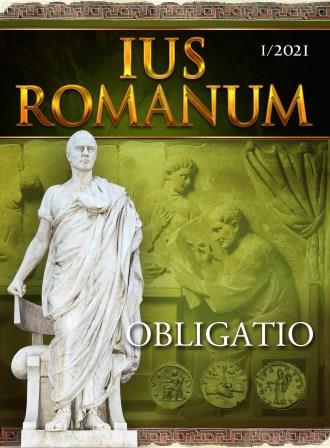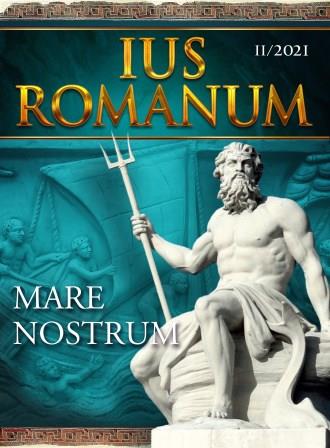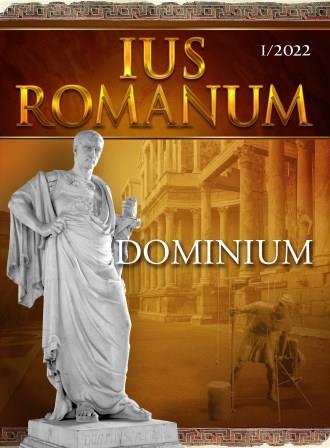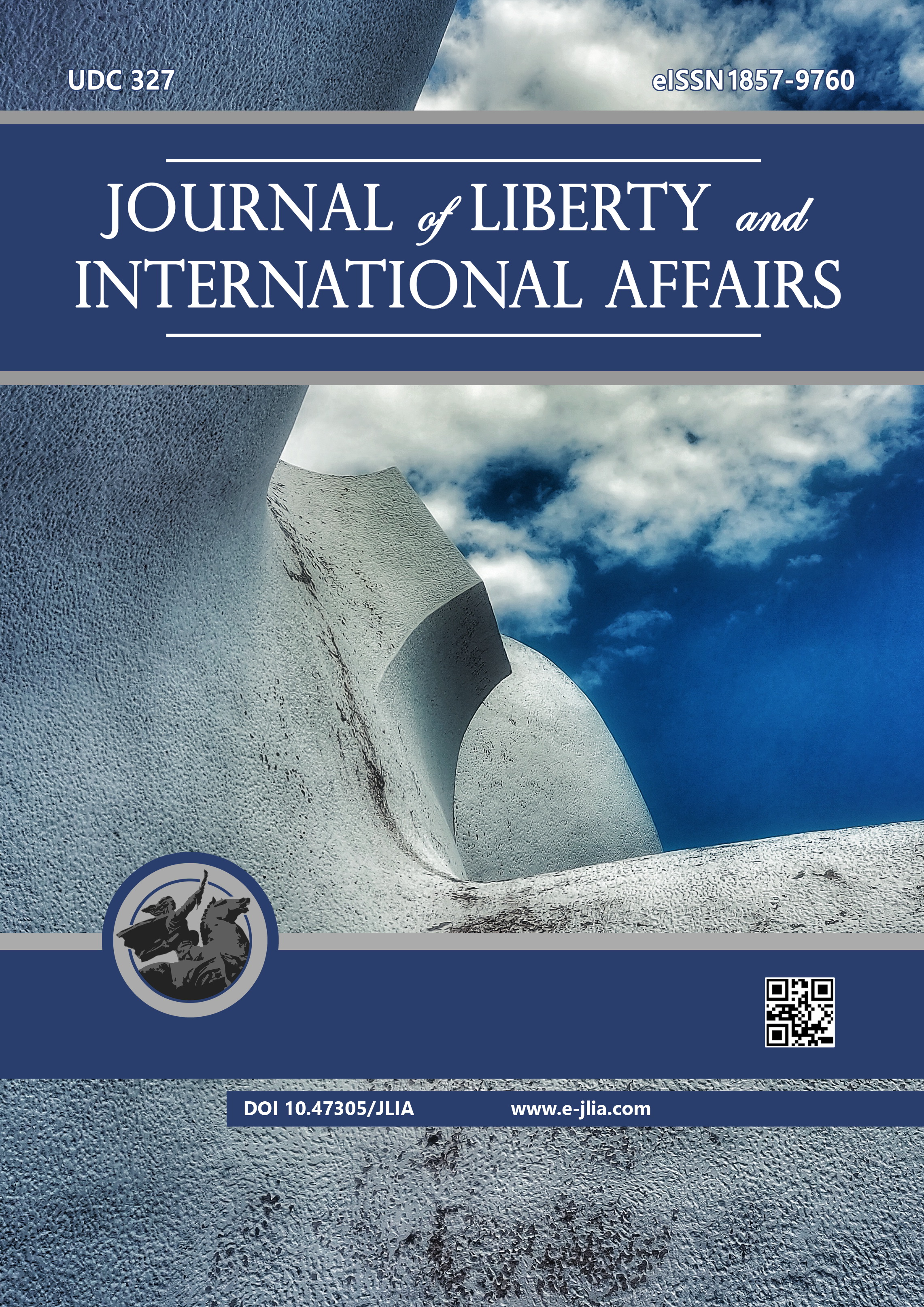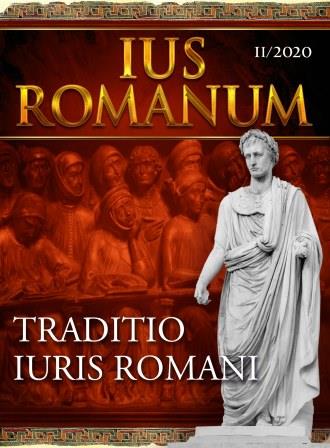
ГЛАСЪТ НА ЖЕНИТЕ В РИМ. ИСТОРИЯ, КОЯТО РАЗРУШАВА МЪЛЧЕНИЕТО И НЕРАВЕНСТВОТО
Nowadays, on the iconic date of March 8th, thousands of women and men fill the streets of our cities to make visible gender inequality. In such a feminist mobilization, voices are raised against the pay difference and the discrimination in the workplace, domestic and sexual violence, and calls in favor of equality between men and women are written in capital letters. Everyone listens, reads, understands and shares these legitimate demands of women. However, these demonstrations have their origins in Ancient Rome. More than 2000 years ago, Roman women went to the streets to protest publicly against sexual violence and abuse of power by men. The article traces the various stages of this protest, as well as in particular the measures regarding the exclusion of women from political life and the restriction of their labor initiative.
More...
